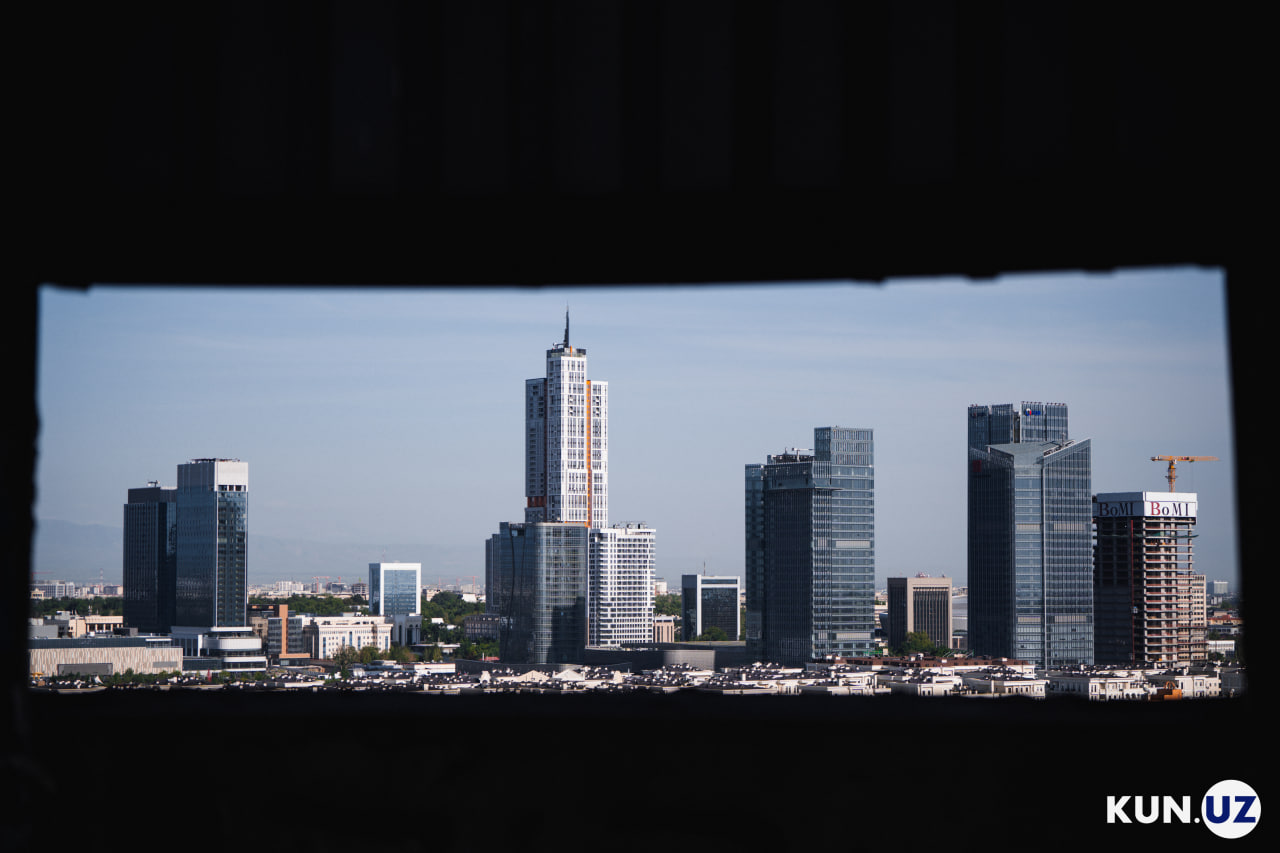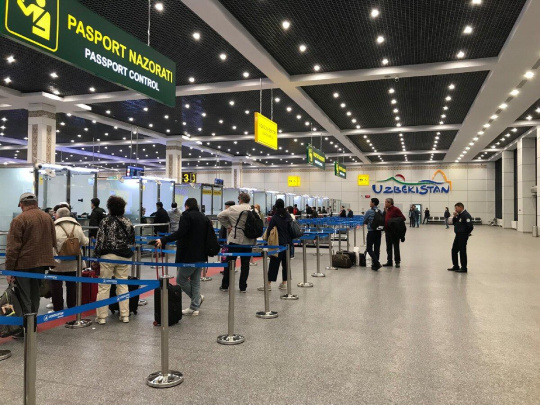Best cities for expats in 2024: Tashkent ranks 200th
Mercer has released its annual report on which cities offer the best conditions for foreign expatriates. In 2023, Vienna in Austria topped the list, but this time Zurich in Switzerland has claimed the top spot.

Photo: KUN.UZ
What makes Zurich good for expats?
According to Mercer’s report, Zurich’s selection as the best city is based on “high-quality public services, low crime rates, and a vibrant cultural life.” Efficient infrastructure and a commitment to sustainable development further contribute to its appeal.
The report also highlighted improvements in aviation services: in summer 2024, intercontinental flights increased. From Zurich, SWISS Airlines now offers flights to Seoul, Shanghai, Washington, and Toronto, while Tunisair and other airlines provide connections to Tunis and Djerba.
“In 2024, flights from Zurich were launched to Atlanta, Cluj, Djerba, Košice, and Tunis, making it easier than ever for expatriates to travel home and back,” said James Pearson, an aviation route analyst for Euronews Travel.
Zurich is home to over 400,000 non-Swiss residents, making it the city with the largest foreign community in the country. However, according to Rigby AG, a Zurich-based company specializing in staffing and project services, the city is expensive to live in, especially for renters.
The cost of living in Zurich is 71.8% higher than in Vienna, which ranked second. Specifically, housing rental costs are 127.6% more expensive than in Vienna, and food prices are approximately 65% higher. However, due to higher wages in Zurich, expatriates can improve their standard of living once they start earning.
Zurich is regularly recognized for its high standard of living. In the 2024 ranking of the world's happiest cities, it placed second, after Aarhus in Denmark. Zurich has also topped the IMD Smart City Index for five consecutive years. Furthermore, the European Commission has named it Europe’s most livable city.
Which other European cities attract expats?
Eight of the top 10 cities in Mercer’s quality-of-life index are in Europe, with only Auckland and Vancouver breaking the trend.
Other highly ranked cities include Vienna, which dropped to second place after topping the list in 2023. Geneva in Switzerland rose two spots to third place.
Copenhagen maintained its fourth position, while Amsterdam climbed eight spots to take fifth place. Frankfurt dropped one position to seventh, sharing the rank with Vancouver, while two more Swiss cities—Bern and Basel—secured ninth and tenth places, respectively.
Stockholm in Sweden also achieved a significant improvement, climbing eight places to rank 18th, while Lisbon in Portugal jumped 12 places to secure 27th.
The city that fell the most in the ranking was Stuttgart, Germany, which dropped 20 spots to 46th. Although Mercer did not specify the reason for this sharp decline, experts have pointed to the controversial “Stuttgart 21” infrastructure project, which has significantly disrupted daily life in the city.
How did Central Asian cities rank?
Central Asia’s major cities were also included in Mercer’s ranking. Almaty in Kazakhstan ranked 179th, while Astana came in at 186th. Tashkent was placed 200th, followed by Bishkek at 212th, Dushanbe at 216th, and Ashgabat at 222nd.
Where are the worst cities for expats?
Mercer’s ranking includes 241 cities from five continents. Most of the cities at the bottom of the list are located in Africa and the Middle East, with Khartoum, Sudan, occupying the very last spot.
Other cities in the lowest ranks include Baghdad in Iraq, Bangui in the Central African Republic, Sana’a in Yemen, and Port-au-Prince in Haiti.
This year, some U.S. cities saw significant improvements in their rankings. Notably, Los Angeles in California made the largest leap, climbing 26 positions to rank 44th. Other developing cities such as Atlanta, Dallas, and Boston also showed progress.
Mercer evaluates the quality of life for expatriates and their families based on practical factors, such as cost of living and living conditions.
“Today, regions that successfully balance high quality of life with affordable living costs, alongside effectively managing mobile talent to meet modern demands, are achieving the greatest success,” the company noted.
Related News

15:16 / 24.03.2025
Uzbekistan launches reforms for national cohesion and expat links

14:49 / 22.11.2024
Uzbekistan introduces “Vatandosh” card to recognize contributions of overseas compatriots

19:30 / 04.07.2023
Tashkent among TOP-10 cheapest cities for expats

10:24 / 17.08.2022



